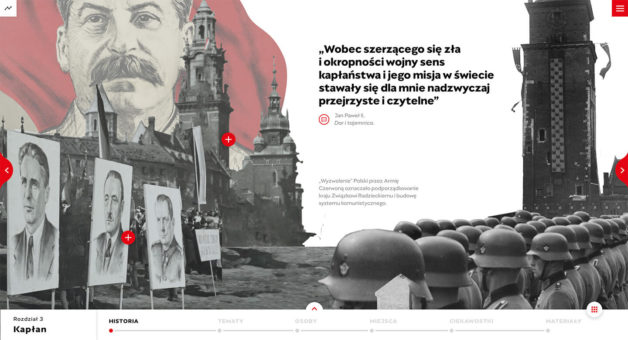"We lived in some kind of a huge "outbreak” of evil and only then we gradually started to realize its real dimensions"
John Paul II,
Memory and Identity


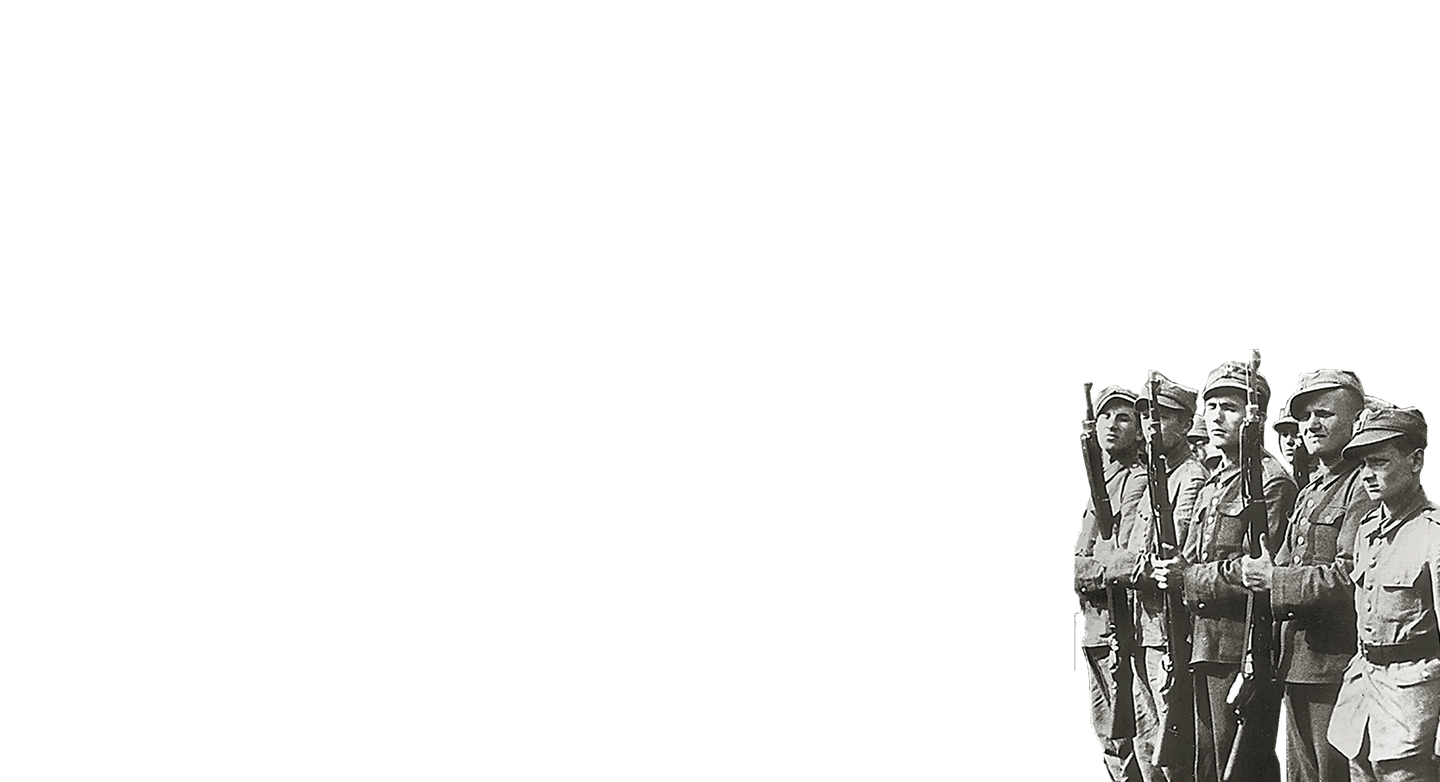
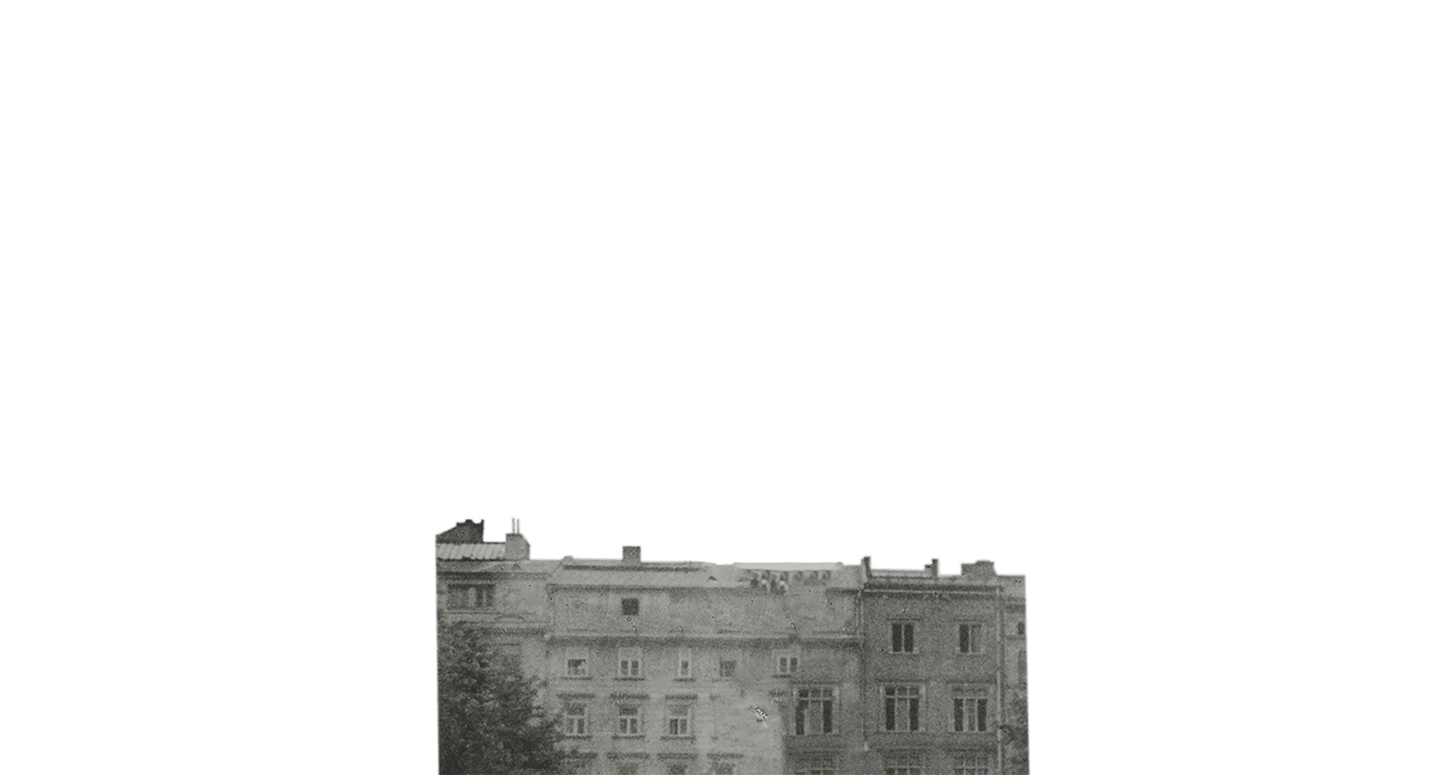

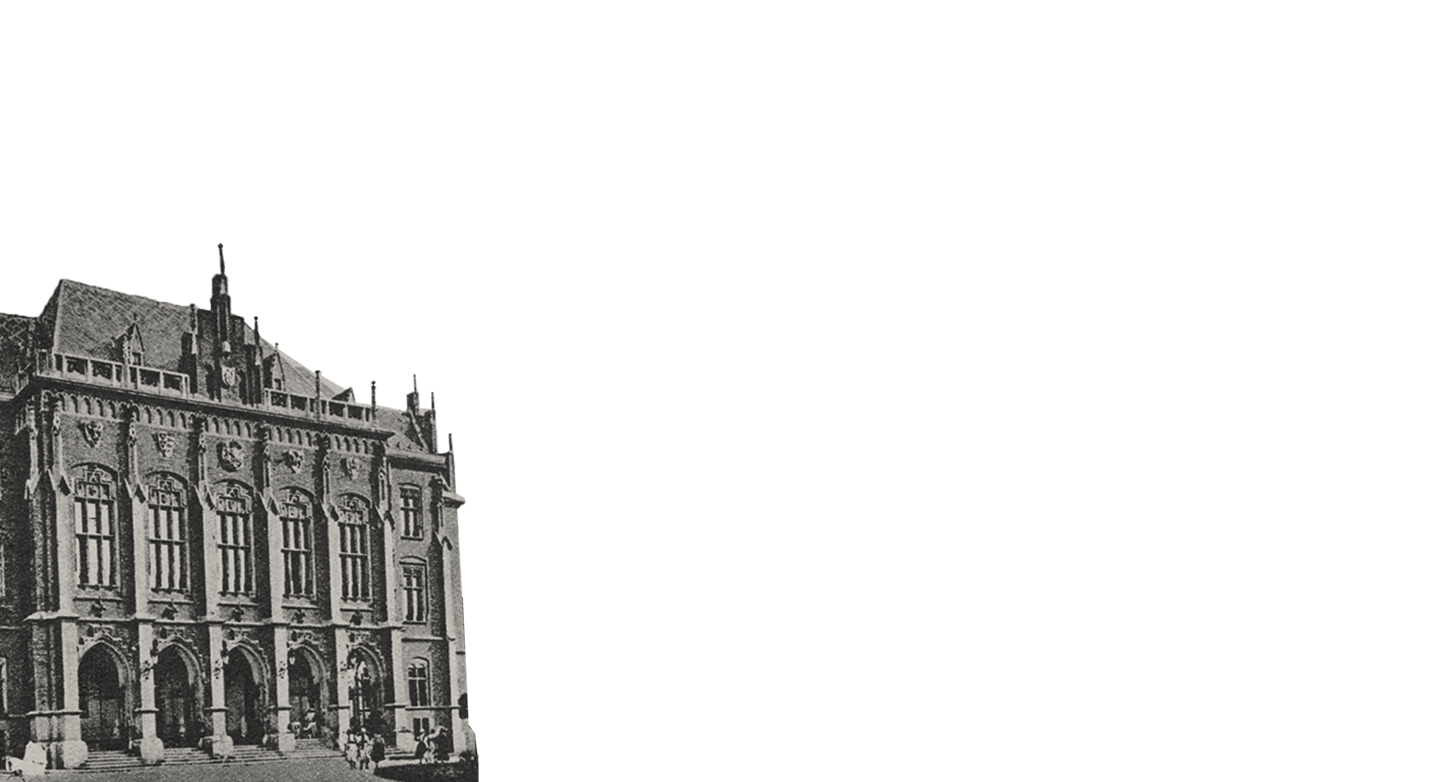
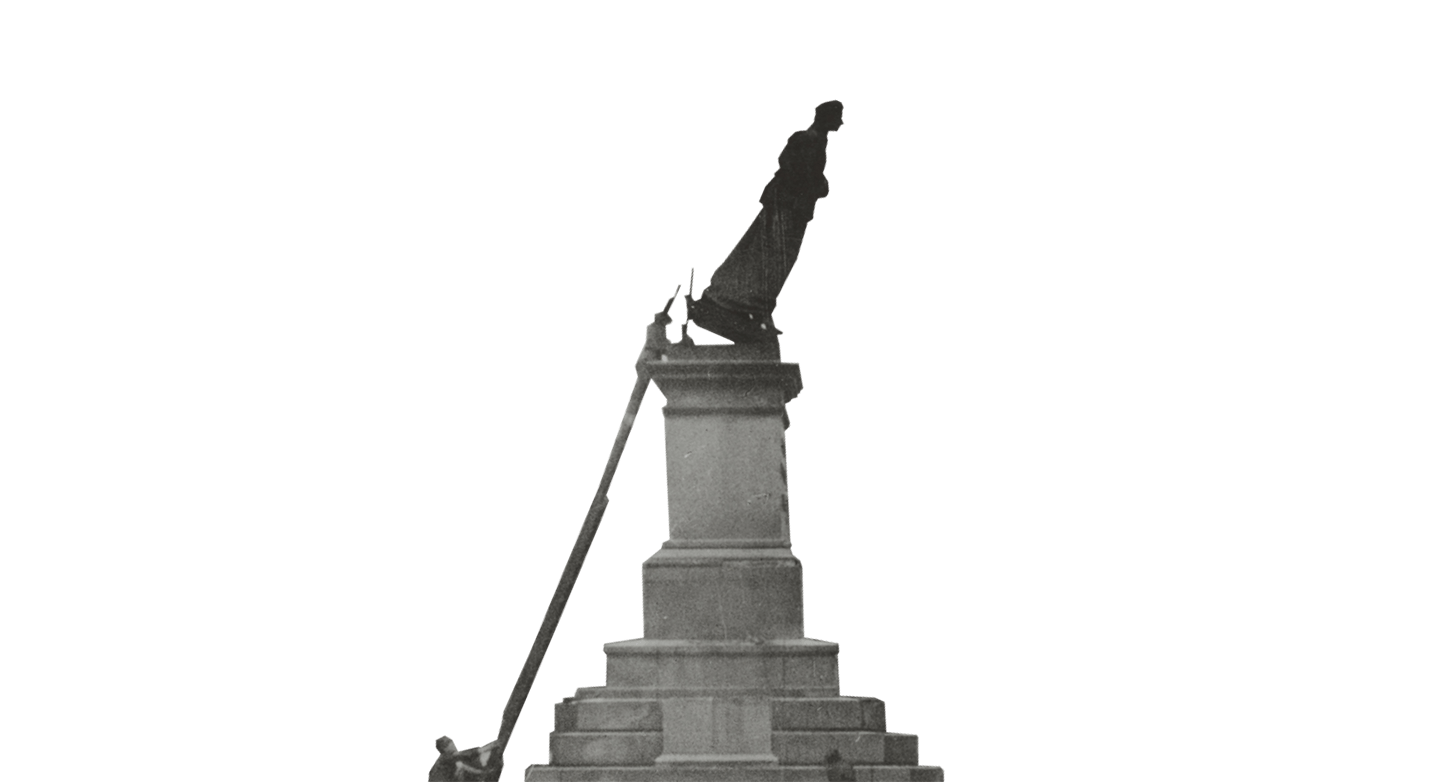
On 1 September 1939,
World War II breaks out
and will only end in 1945.
A student of
Polish philology
"I carry within me the vivid memory
of what a university - Alma Mater - is.
Not just memory, but a sense of debt
that has to be paid off with one's whole life"
John Paul II,
Lublin, 9.06.1987
In 1938, Karol began studying
Polish philology at the Jagiellonian University.
He moved to Krakow with his father.




1938-39
Worker
in Solvay
"(...) four years of physical labor,
a period of participation in a large
workers community, have become
a special gift of Providence for me"
A. Frossard, “Do not be afraid”.
Conversations with John Paul II.
During World War II, Karol
worked for four years at the Krakow
"Solvay" Soda Plant - in the quarry
and water treatment plant.




during World War II
Rhapsodic
Theatre
"Keeping the secret character of these theatrical meetings
was indispensable, otherwise we were all exposed to severe
punishments by the occupation authorities - most likely
deportation to a concentration camp"
John Paul II,
Gift and Mystery
The performances of the underground
Rhapsodic Theatre were a form of struggle
- they upheld the spirit of national culture
in the dark night of the occupation.




- the founder of the Rhapsodic Theatre
Tailor-mystic
"I received from him especially
a lot of the riches of his soul,
enamoured of God Himself,
and the riches of spiritual and mystical life"
A. Frossard, “Do not be afraid”.
Conversations with John Paul II
Worker Wojtyła participated in the Holy Mass
in the parish in Dębniki, every morning,
wearing clogs, denim clothes and a haversack
slung over his shoulder. There he met Jan Tyranowski
- a man who influenced his further life.



Father's death
"As a result of the outbreak of war, I was separated
from my studies and the university environment.
I lost my father during this time, the last man in
my immediate family. All this was also - in an objective
sense a process of detachment from my previous ideals (...)"
Jan Paweł II,
Gift and Mystery
Karol's death was a painful blow to Karol.
Young Wojtyla was not present in the last
moments of life of any of his
immediate family members.



Karol and his father
Young poet
"The distant shores of silence
begin just outside the doorstep..."
Karol Wojtyła,
beginning of the Songs of a hidden God
Just before and during the war,
Wojtyła wrote his youthful poems and plays.


A new vision of life
"In the face of the increasingly widespread evil
and the horrors of war, the sense of priesthood
and its mission in the world became extremely
transparent and clear to me"
John Paul II,
Gift and Mystery
Colleagues saw in Karol material for the future
great actor and man of art. He made a decision
about a new way of life during a difficult time of occupation.




Tyranowski



Kotlarczyk



Szkocka



Kydryński



(St. Brother Albert)



People
Krakow of Wojtyła
(1938-1942)
"Krakow, from the tenderest years of my life,
has been for me a particular synthesis of all
that it means to be Polish and Christian.
She has always spoken of the great
historic past of my Motherland"
Jan Paweł II, Krakow,
6.06.1979












